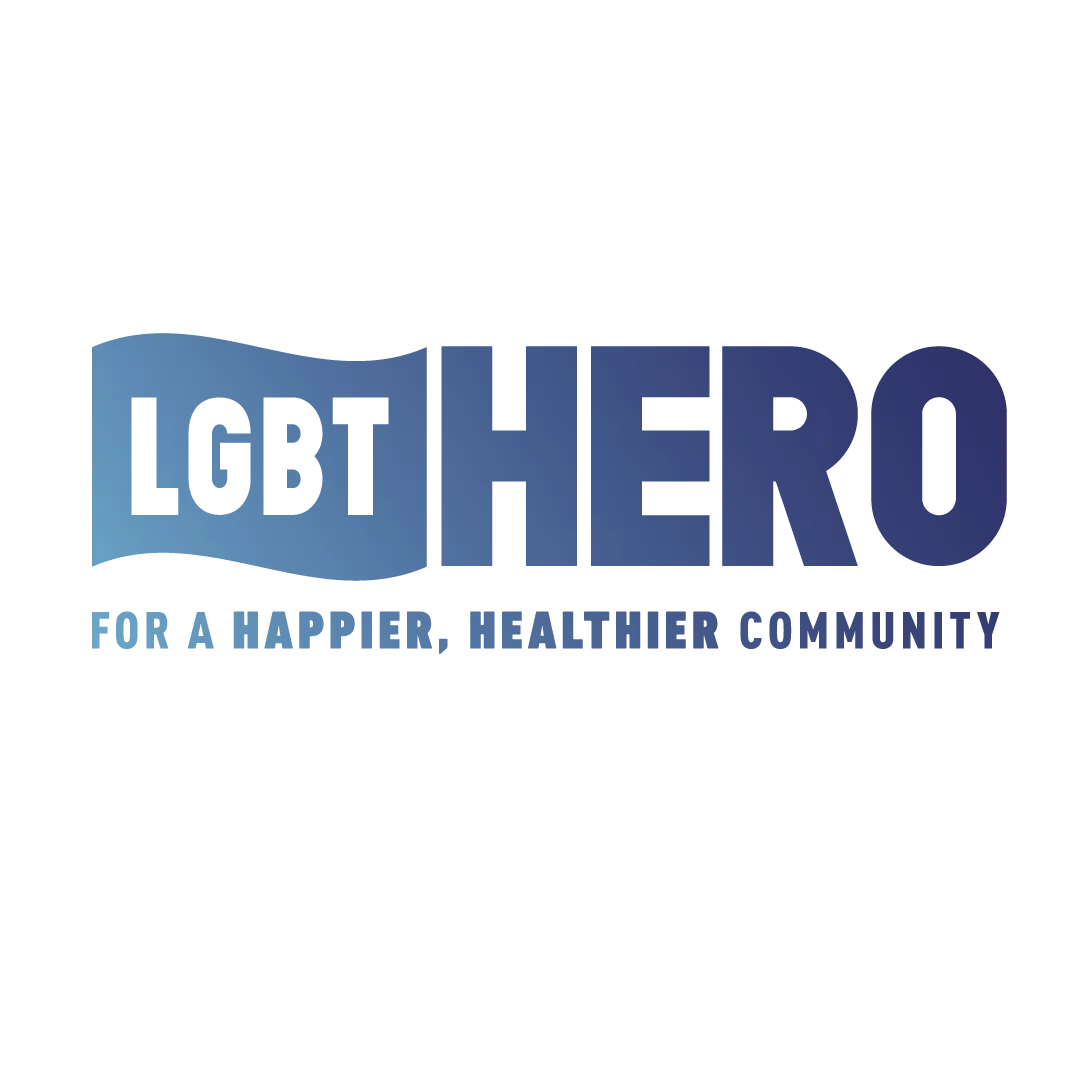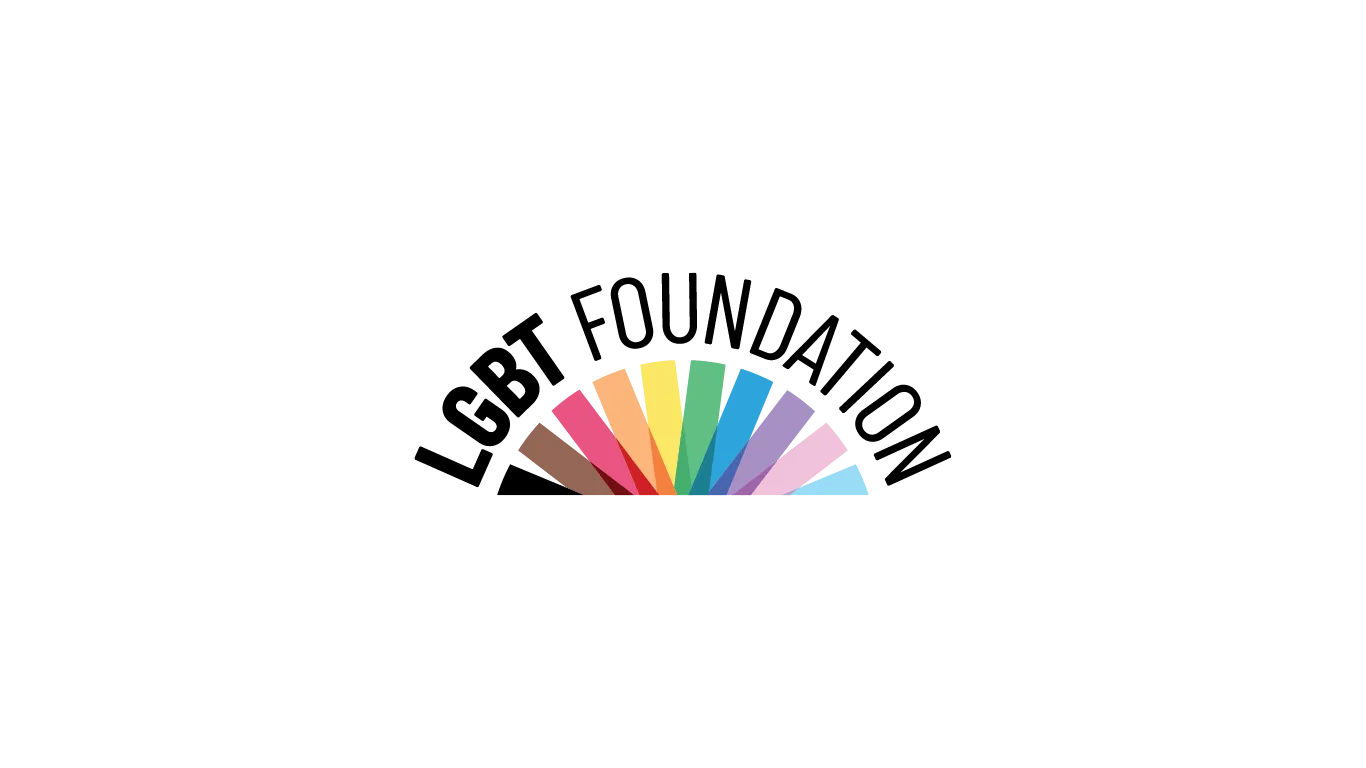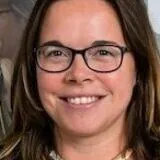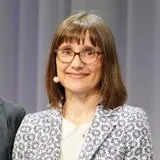ACCESSCare-C: Communication
Our previous ACCESSCare research highlighted that communication is crucial to the care experiences of LGBT+ people facing advanced illness and bereavement.
ACCESSCare-C focusses on communication by asking about communication experiences in relation to sexual orientation, gender history, and gender identity. We did this using qualitative interviews with three participant groups: 1) LGBT+ people with serious illness, 2) significant others of LGBT+ people with serious illness (partners, friends, biological and chosen family), and 3) health and social care professionals.
We asked how best to have conversations about being LGBT+ in the context of poor health. We asked LGBT+ people about what words they prefer, how they would like to be asked, and how they would like this information to be kept and shared. We asked their significant others how to best include them in discussions and decisions. We also spoke to health professionals about what their challenges are in having these conversations, and how guidance can be best provided.
We spoke with 34 LGBT+ patients with serious illness, 13 significant others, and 27 professionals. Professionals want to be inclusive and LGBT+ people and their significant others told us how that should be done.
The interviews informed the evidence-based ABC guide of LGBT+ Inclusive Communication, and associated posters. The guide and posters are for professionals and educators aiming to practise and promote patient-centred care.
We also used the findings to develop 10 evidence-based recommendations to support LGBT+ inclusiveness in clinical communication.

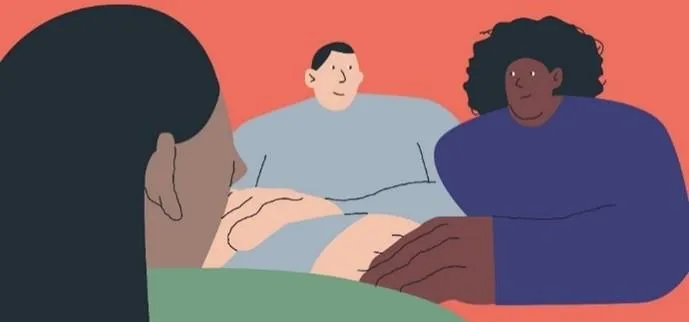
Aims
1) To identify the preferences of LGBT+ patients and their caregivers, and examples of best practices from the perspectives of health care professionals and LGBT people, with respect to exploring and sharing information regarding sexual identity and gender history among LGBT people with serious illness.
2) To develop, field-test and deliver evidence-based freely accessible guidance and recommendations for use by health and social care professionals and educators, to improve communication and information recording of sexual identity and gender history.
Partners
We worked closely with several LGBT+ community organisations for this project including LGBT HERO, Consortium, Stonewall and LGBT Foundation.
News and Updates
NIHR Evidence recognised the importance of ACCESSCare-C, and summarised the findings so they could be used to inform health and care – ‘How can we improve communication with LGBT+ people in healthcare settings?’
NIHR ARC South London blog – ‘Improving communication between clinicians and LGBT+ people with serious illness: an interview with researchers and public participants’
BMJ Quality & Safety blog named ACCESSCare-C publication as a ‘Top Research Article’
Resources
ABC of LGBT+ Inclusive Communication – A guide for health and social care professionals
Evidence-based guidelines were developed from the ACCESSCare-C interviews. They are intended to build on the expertise and skill of health and social care professionals, to ensure LGBT+ people feel able to be themselves while with their health and social care teams.
Illustrated posters to support LGBT+ Inclusive Communication
A set of posters that illustrate some of the ACCESSCare C recommendations for professionals are available, following form completion. These posters were funded by the King’s College London Cultural Advocate fund.
A2 poster with 10 recommendations for LGBT+ inclusiveness in health and social care communication
Drawing on the findings of the present study, a poster of 10 evidence-based recommendations are available to support health and social care professionals and organisations.
Slide deck of 10 ACCESSCare-C recommendations with additional insights, for use in teaching and practice. These have been designed to support delivery of LGBT+ inclusive care in routine practice.
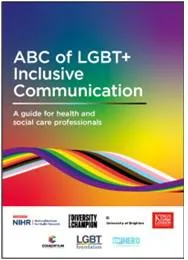
Our Partners
Principal Investigators
Investigators
Affiliations
Project websites
Funding
Funding Body: National Institute for Health Research (NIHR)
Amount: GBP 164,964
Period: June 2018 - November 2020

